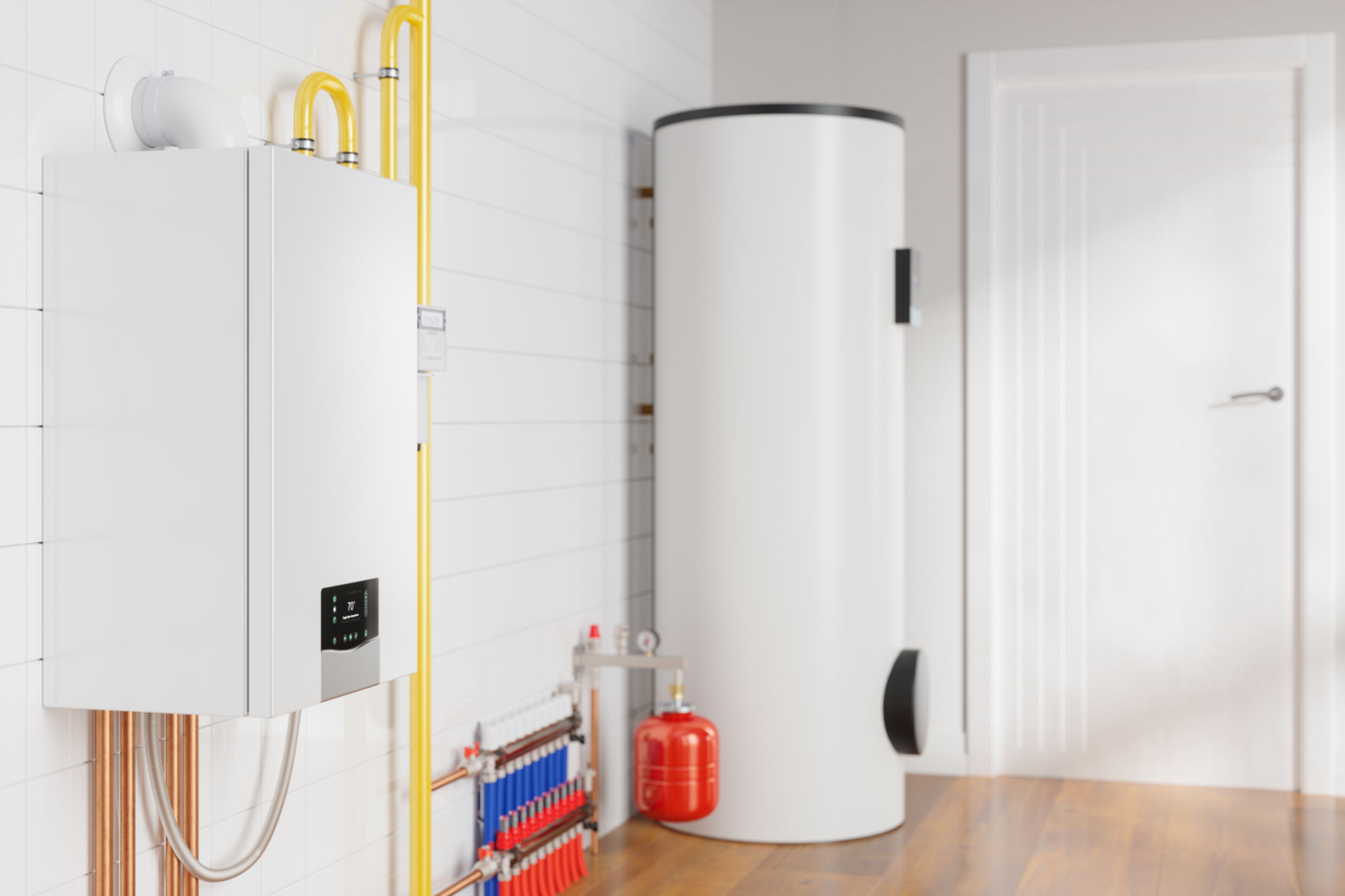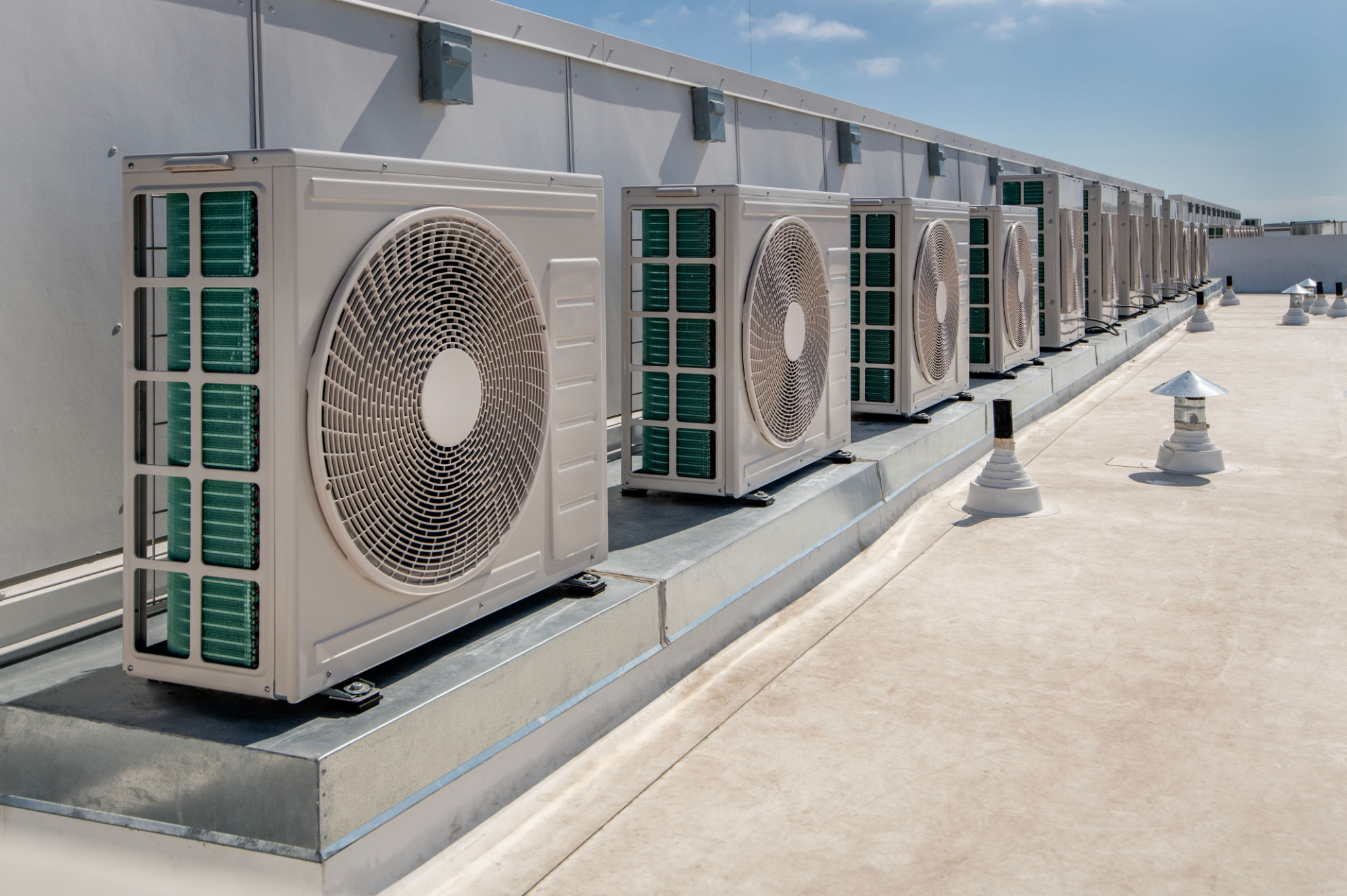Understanding the Different Types of Hot Water Systems
Introduction to Hot Water Systems
Hot water systems are an essential part of any home, providing comfort and convenience for daily activities. Understanding the different types available can help you make an informed decision that suits your specific needs. In this blog post, we'll explore various hot water systems, their advantages, and how to choose the right one for your home.

Conventional Storage Tank Water Heaters
One of the most common types of hot water systems is the conventional storage tank water heater. It consists of an insulated tank where water is heated and stored until needed. These systems are typically powered by electricity, natural gas, or propane. Advantages include their lower initial cost and ease of installation. However, they may not be the most energy-efficient option available.
Benefits and Drawbacks
The primary benefit of storage tank water heaters is their ability to provide hot water on demand. However, they can lead to energy waste as they continually heat the stored water, even when it's not in use. It's essential to consider the tank's size, as it affects both the cost and efficiency of the system.

Tankless Water Heaters
Tankless water heaters, also known as on-demand water heaters, do not store hot water but instead heat it as needed. This system provides a continuous supply of hot water and is often more energy-efficient than traditional systems. Although the initial cost may be higher, the long-term savings on energy bills can be significant.
Energy Efficiency and Space-Saving
One of the standout features of tankless water heaters is their energy efficiency. Since they only heat water when required, energy consumption is reduced. Additionally, these systems take up less space as there's no need for a bulky storage tank. This makes them an ideal choice for smaller homes or apartments.

Heat Pump Water Heaters
Heat pump water heaters operate by transferring heat from the air or ground to heat water, making them highly energy-efficient. They use electricity to move heat rather than generate it directly, which can lead to significant energy savings. These systems are best suited for moderate to warm climates where they can function optimally.
Cost and Environmental Impact
While heat pump water heaters can have a higher upfront cost compared to conventional systems, the potential savings on energy bills make them an attractive option. Additionally, their reduced environmental impact due to lower energy consumption contributes positively to sustainable living.

Solar Water Heaters
Solar water heaters harness energy from the sun to heat water, offering an environmentally friendly alternative to traditional systems. They typically require a backup system for cloudy days or increased demand but can significantly reduce reliance on conventional energy sources.
Installation and Maintenance
The installation of solar water heaters can be more complex and may require a larger initial investment. However, government incentives and rebates often help offset these costs. Regular maintenance is essential to ensure optimal performance and longevity.

Choosing the Right System for Your Home
Selecting the appropriate hot water system depends on several factors including household size, climate, budget, and personal preferences. It's crucial to weigh the long-term benefits and initial costs before making a decision. Consulting with a professional can provide valuable insights tailored to your specific situation.
In conclusion, understanding the different types of hot water systems available allows you to choose a solution that aligns with your needs and environmental goals. Whether you opt for a traditional storage tank heater or a more innovative solar system, investing in the right technology ensures comfort and efficiency for years to come.
